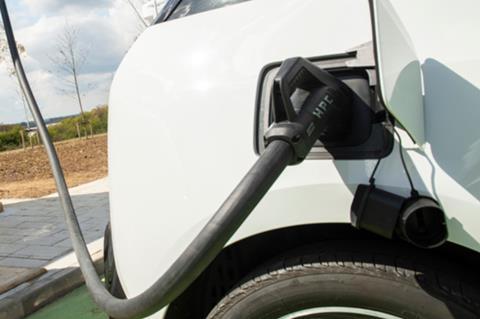
More than nine out of 10 (91%) local authorities do not yet have an EV charging infrastructure strategy in place, according to a recent poll of council representatives taken by Charge Point Operator (CPO) Believ.
The company said the findings added to growing concerns that the roll-out is falling well behind the government’s target to deliver 300,000 charge points by 2030.
In terms of the biggest challenges facing those tasked with developing a new EV infrastructure strategy, time was cited as the biggest barrier (63%), followed by lack of funding (40%). Almost all (98%) expected it would take more than 12 months to roll out an EV charging infrastructure across their local authority.
The poll, taken during a recent webinar facilitated by Public Sector Executive, reflects the nationwide survey conducted by Believ in 2022 that found only 14% of local authorities in the UK have dedicated resource for implementing new EV infrastructure. It also found that a lack of funding and guidance from central government means local authorities can only allocate 15 hours per week to EV projects.
Perran Moon, Interim CEO at Believ, said that recent findings are reflective of the situation on the ground and a lack of urgency in the roll-out of EV infrastructure.
He explained: “Our findings suggest there is still a hesitancy due to lack of time and funding by local authorities to begin the process of rolling out charge point infrastructure. And crucially, local authority’s need the support, expertise, and guidance from charge point operators.”
He said Believ could provide fully-funded, publicly accessible EV infrastructure that it would install, maintain, and operated, and added: “CPOs like ours are geared up and ready to deliver all charge point speeds at scale and pace, wherever and whenever local authorities are ready to commit.”
































